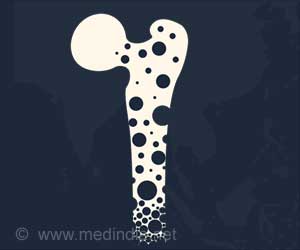Detecting cancer of the esophagus could be as simple as swallowing a spongy pill with a string attached to it.
Detecting cancer of the esophagus could be as simple as swallowing a spongy pill with a string attached to it. Thanks to the fervent efforts of Cambridge University researchers that can detect more than 7,000 such cancers that occur in UK every year. It is the ninth most commonly occurring tumor in the Britain.
Once in the windpipe, the pill is pulled out, gently scraping cells from the gut wall that are then tested for early signs of the condition.Currently the only way of checking for early signs is to push a tube down the windpipe with a camera on it, a risky and expensive procedure.
Fitzgerald said: 'Unfortunately, most people aren't diagnosed - so they won't know they've got it - until they get their cancer, by which time it's too late'.
'So if we were able to diagnose it at that stage we may be able to cure them - indeed if we get people at the very early stages the cure rate is 80 percent,' he said.
According to scientists, fizzy soft drinks, including soda, could be responsible for the massive increase in cancers of the gullet in Western nations over the past 25 years.





